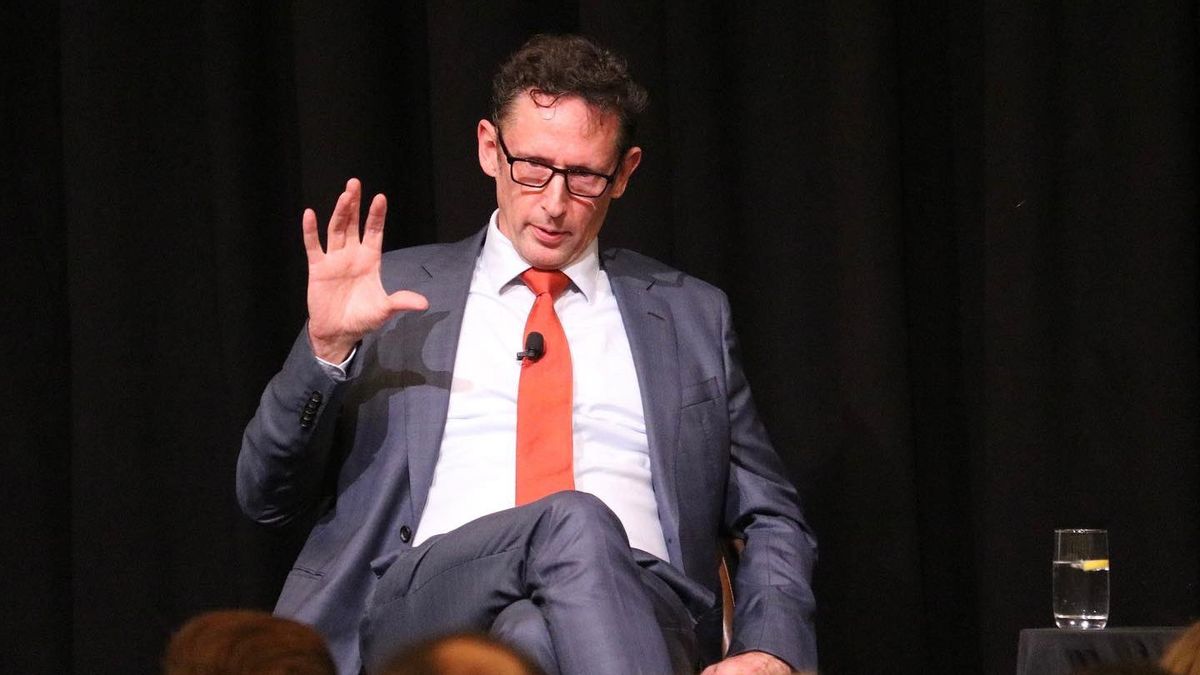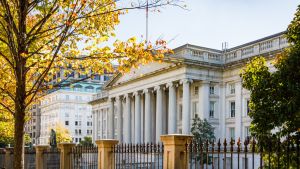JAKARTA - Australian crypto executives have urged caution to unite all digital assets in the same boat as financial products. Speaking to the Sydney Morning Herald (SMH) on January 22, Australia's Assistant Treasurer and Minister for Financial Services, Stephen Jones, commented on the state of crypto regulation in the country.
He confirmed the government was on track with this year's "token mapping" exercise to determine which crypto assets to regulate, with a consultation process "starting soon" with the industry.
However, Jones said he was "not that interested" in creating entirely new regulations for something he believed at its heart, were financial products.
“I don't want to prejudge the results of the consultation process that we will start. But I started from the position that if it looks like a duck, walks like a duck, and sounds like a duck, it should be treated as such,” said Jones, who was also quoted by Cointelegraph.
“Coins or other tokens are basically used as a store of value for investment and speculation. There is a good argument that they should be treated like a financial product," he added.
According to SMH, the Australian Securities and Investments Commission (ASIC), and one of Australia's "Big 4" banks, the Commonwealth Bank are reported to also support regulating crypto as a financial product.
However, crypto market players urge caution over this broad approach to crypto assets.
Speaking to Cointelegraph, blockchain and digital assets attorney and Partner at Piper Alderman, Michael Bacina, warned that “a broad approach to classifying technology as a financial product without a clear path and usable for licensing and compliance is likely to send many more crypto businesses outside.” country, and creates more risk.”
Adam Percy, General Counsel of Swyftx, echoed those sentiments in his statement to Cointelegraph.
"The trick is to protect consumers without regulating well-managed domestic digital asset businesses and forcing people to use offshore exchanges with less stringent checks and balances," Percy said.
Meanwhile, Holger Arians, CEO of on-ramp crypto provider Banxa shared concerns that over-regulation could have “serious repercussions” on the pioneering role Australia is playing in crypto.
Caroline Bowler, CEO of Australian crypto exchange BTCMarkets, also warned against a "too prescriptive approach" to regulation.
"This could leave our digital economy behind, in time, stifling our international competitiveness," said Bowler.
SEE ALSO:
Australian financial regulators have yet to formally formulate their regulatory framework, but in light of the November 2022 FTX crisis, Australian politicians and their global partners have seen an even greater urgency to act.
Jones said the FTX collapse "casts doubt" on the need for crypto regulation.
In September, Australian crypto entrepreneur and investor Fred Schebesta warned that rushing token mapping could spell trouble for the industry.
“The intricacies of token mapping are unclear and Australia's “young” crypto industry needs to “align with other major markets and their regulations,” he added.
The Australian Crypto Blockchain lobby group agreed, arguing at the time that if all crypto assets were treated as financial products, it would harm crypto sector investment, and innovation, and result in job losses related to the industry.
The English, Chinese, Japanese, Arabic, and French versions are automatically generated by the AI. So there may still be inaccuracies in translating, please always see Indonesian as our main language. (system supported by DigitalSiber.id)


















